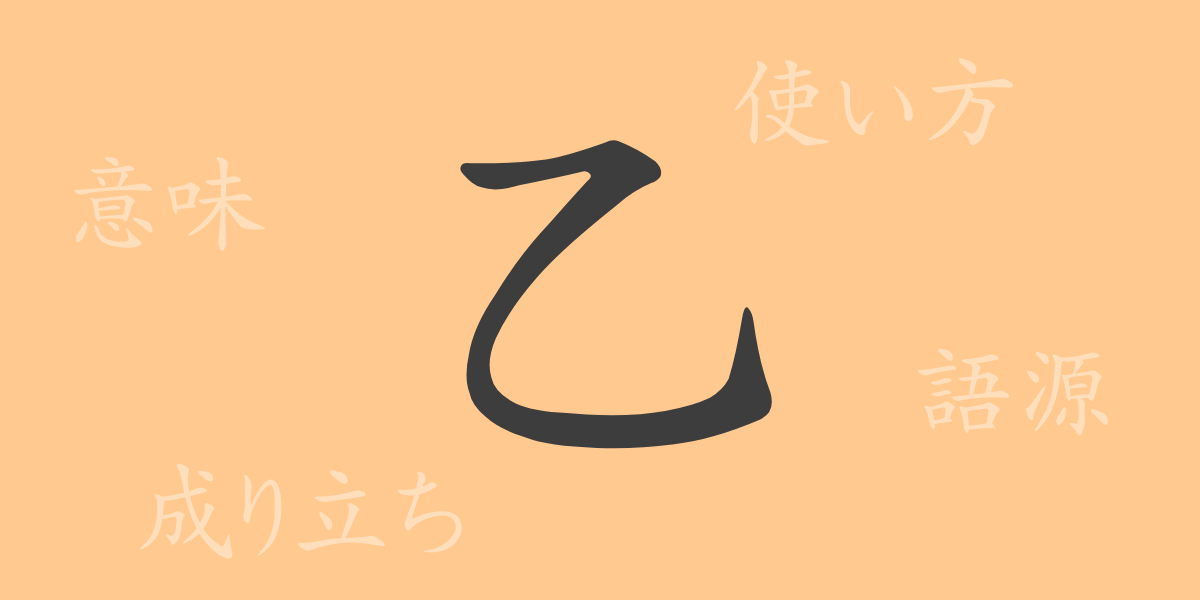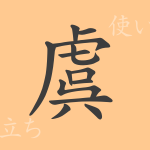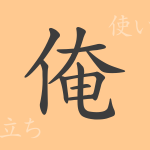“
Among the numerous kanji in the Japanese language, “”乙”” (Otsu) stands out as a particularly unique and captivating presence. The distinctive shape, meaning, and history of this single character tell the richness of the Japanese language. In this article, we will focus on this common kanji “”乙”” (Otsu) and delve into its full picture, from its origin to its meaning, usage, and even compound words and proverbs.
The Origin (Etymology) of 乙 (Otsu)
The kanji “”乙”” (おつ, otsu) is said to have originated from ancient Chinese pictographs. There is a theory that it was originally used as a symbol representing fish guts, and its shape changed over time, settling into the current form of “”乙”” (Otsu). Additionally, “”乙”” (Otsu) is known as the second of the Heavenly Stems (Tenkan), playing an important role in the ancient Chinese calendar.
The Meaning and Usage of 乙 (Otsu)
“”乙”” (Otsu) has several meanings, but it is often used to mean “”next”” or “”second.”” It is also used to refer to things that are small and inconspicuous or eccentric and unusual. “”乙”” (Otsu) can be used as an adjective or a noun, particularly in literary expressions and ancient documents.
Reading, Stroke Count, and Radical of 乙 (Otsu)
“”乙”” (Otsu) has multiple readings in Japanese.
- Reading: The on’yomi readings are “”おつ”” (Otsu) and “”いつ”” (Itsu), while the kun’yomi reading is “”きのと”” (Kinoto).
- Stroke Count: “”乙”” (Otsu) is a kanji consisting of only one stroke.
- Radical: The radical is “”乙部”” (Otsubu).
Idioms, Phrases, and Proverbs Using 乙 (Otsu) and Their Meanings
There are not many idioms, phrases, or proverbs containing “”乙”” (Otsu), but a few exist. For example, “”乙女”” (Otome) is a word referring to a young or unmarried woman, symbolizing purity and innocence. “”乙事”” (Otsuji) means other people’s circumstances or private matters, and “”乙にひる”” (Otsunihiru) is an idiomatic phrase meaning to avoid getting involved in other people’s affairs. Additionally, “”甲乙付けがたい”” (Kōotsu tsukegatai) is a proverb used to express that two things are so good that it is difficult to rank them.
Summary of 乙 (Otsu)
“”乙”” (Otsu) may appear simple at first glance, but it carries a deep history and diverse meanings behind it. This kanji occupies a unique position in the Japanese language and is woven into ancient words and expressions. Even in modern times, its charm remains undiminished and continues to live on in the language of the Japanese people. Through this exploration, we hope you have been able to feel the rich expressive power and the breadth of usage that “”乙”” (Otsu) possesses.
“

























